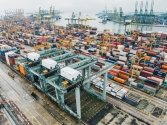
The challenges of renewable energy sources in gulf countries
By Ehtesham UddinWith intellections to reduce dependence on hydrocarbons and concerns over environments, Asian Power industry is currently demanding more green solutions to produce power.
Gulf countries are now gearing up to embark a journey to put up growingly Renewable Energy (RE) resources in their power generation arsenal. As oil revenues grant a privilege to invest hugely on renewable, they want to tap potential of solar and wind extensively.
However, integration and system operation with high penetrations of renewable is a challenge for power System Operators (SO) that eventually has to control and operate power system with the highest desire of system reliability, stability and without compromising on economics.
Solar and wind are prominent choices in renewable technologies, both available abundance in this part of land. Hence, Saudi Arabia has planes to invest a large amount of their oil revenues to shift from hydrocarbons to green solutions for their power demands.
Similarly Qatar and Kuwait too, are no longer in back seats and are planning a number of initiatives to catch the race, however its UAE that is leading from the front and already has a well expedite plan to integrate its first renewable generation.
The first ever “Concentrated Solar Thermal Power CSTP” station, namely SHAMS-ONE will start its operations in mid of this year. First phase will be 100 MW, steam turbine followed by 3 x 100 MW each in following years.
All together, as envision in “Abu Dhabi Master Plan- Vision 2030”, by year 2020 total 7 % of the system peak load will be served through renewable which will be a mix of Photovoltaic, Concentrated Solar Thermal and wind turbines.
Pragmatically, the intermittent nature of renewable sources causes their power output un-dispatchable. On other side GCC nations depends heavily on combine cycle co-generations to quench their thirst of drinking water, as fresh water resources are rare in this part of the earth.
Therefore integrating renewable in operational regimen is a challenge to the system operators, especially during winter time when system load demand is at its minimum and water production is no more a byproduct of power.
RE sources have an absence of dynamic inertia, caused frequency control a night mare in case of any system wide disturbance. Voltage control and harmonics are other operational challenges; however smart grid technologies and blend of “state of art” power electronics with computerized control logic can deal with these issues efficiently.
Type -4 wind turbines with full ac-dc-ac conversion, energy storage and frequency control through loads management are some other alternatives to assist system operators in management of RE.
UAE, Oman have unbundled their power sectors under supervision of regulators and Saudi Arab also following the same track.
In this scenario, integration & operations of renewable generation plants, usually structured as IPPs, will also have regulatory aspect. Amendments in “Grid Codes” are un- avoidable to accommodate these newer types of generation, especially as they are none synchronous and dissimilar to conventional synchronous generators. New modus operandi has to be adopted and consequently operational procedures need to be updated.
Nevertheless, it’s a challenging job for system operators to accommodate renewable generation into their operational practice and Power industry has to be well prepared to take up this challenge.
Ehtesham Uddin, Senior Engineer, Abu Dhabi Transmission & Dispatch Company (TRANSCO)
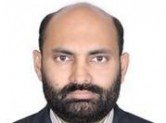


















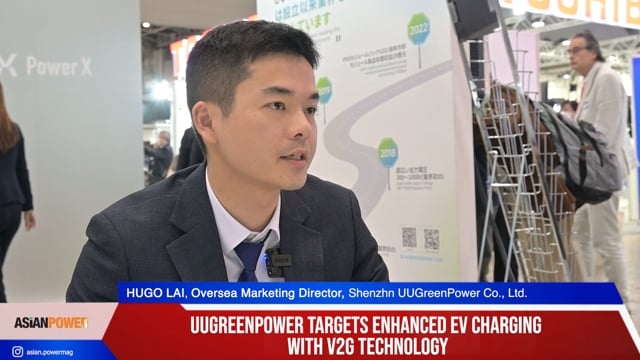
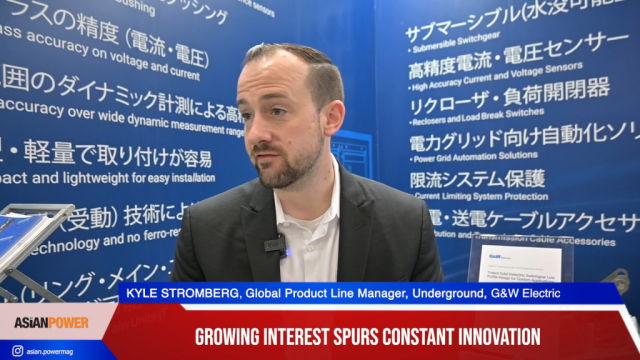
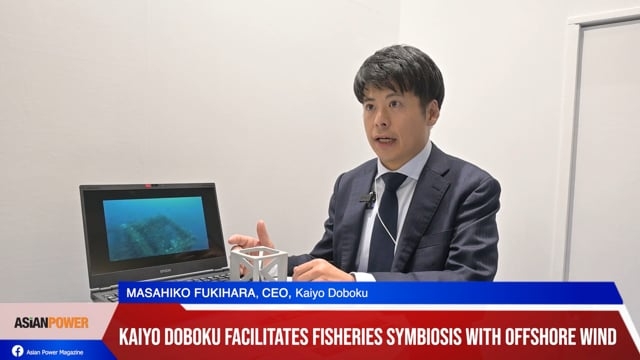
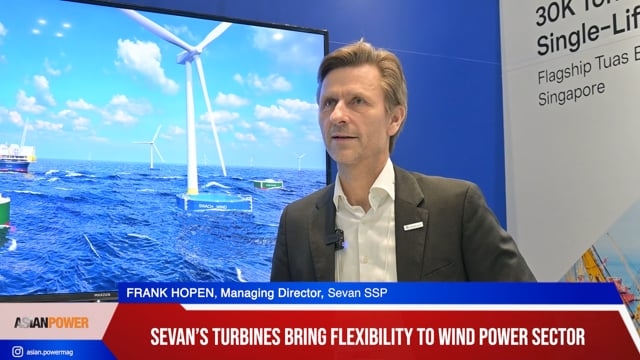

 Advertise
Advertise
